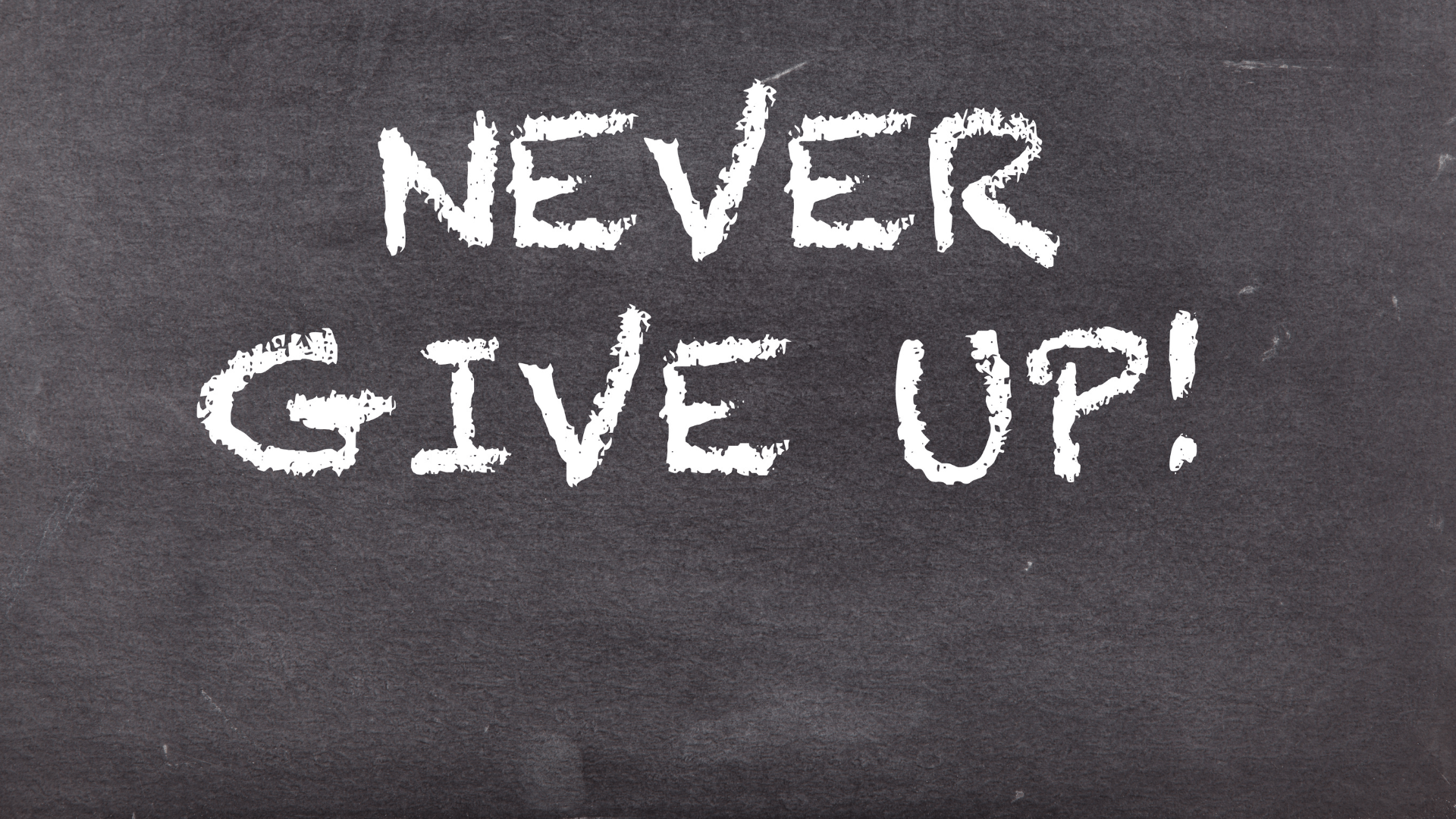10 resolutions for mental and spiritual flourishing
Sometimes I run across something that is so meaningful, so provocative, and so timely that I simply stand back in awe.
What I’m sharing today is by way of Trevin Wax – one of the most first-class intellects I’ve ever experienced, and who is a joy to be around.
I was in a meeting with him a couple of years ago, and he shared with us some musings from Clyde S. Kilby. I wasn’t familiar with this gentleman, but I’ve since learned that he was an American writer and English professor, best known for his scholarship on the Inklings, especially J. R. R. Tolkien and C. S. Lewis. Kilby was born in Johnson City, Tennessee, and died in Columbus, Mississippi. That makes him one of my people.
If you know much about me, you’ll understand that this got my attention real quick.
Kilby wrote ten resolutions for mental and spiritual flourishing. I wish I had a fraction of his insight and writing ability.
I’m pleased to share them with you. Be challenged, and be blessed! It’s far better than anything I could have done on my own today.
- At least once every day I shall look steadily up at the sky and remember that I, a consciousness with a conscience, am on a planet traveling in space with wonderfully mysterious things above and about me.
- Instead of the accustomed idea of a mindless and endless evolutionary change to which we can neither add nor subtract, I shall suppose the universe guided by an Intelligence which, as Aristotle said of Greek drama, requires a beginning, a middle, and an end. I think this will save me from the cynicism expressed by Bertrand Russell before his death when he said: “There is darkness without, and when I die there will be darkness within. There is no splendor, no vastness anywhere, only triviality for a moment, and then nothing.”
- I shall not fall into the falsehood that this day, or any day, is merely another ambiguous and plodding twenty-four hours, but rather a unique event, filled, if I so wish, with worthy potentialities. I shall not be fool enough to suppose that trouble and pain are wholly evil parentheses in my existence, but just as likely ladders to be climbed toward moral and spiritual manhood.
- I shall not turn my life into a thin, straight line which prefers abstractions to reality. I shall know what I am doing when I abstract, which of course I shall often have to do.
- I shall not demean my own uniqueness by envy of others. I shall stop boring into myself to discover what psychological or social categories I might belong to. Mostly I shall simply forget about myself and do my work.
- I shall open my eyes and ears. Once every day I shall simply stare at a tree, a flower, a cloud, or a person. I shall not then be concerned at all to ask what they are but simply be glad that they are. I shall joyfully allow them the mystery of what Lewis calls their “divine, magical, terrifying and ecstatic” existence.
- I shall sometimes look back at the freshness of vision I had in childhood and try, at least for a little while, to be, in the words of Lewis Carroll, the “child of the pure unclouded brow, and dreaming eyes of wonder.”
- I shall follow Darwin’s advice and turn frequently to imaginative things such as good literature and good music, preferably, as Lewis suggests, an old book and timeless music.
- I shall not allow the devilish onrush of this century to usurp all my energies but will instead, as Charles Williams suggested, “fulfill the moment as the moment.” I shall try to live well just now because the only time that exists is now.
- Even if I turn out to be wrong, I shall bet my life on the assumption that this world is not idiotic, neither run by an absentee landlord, but that today, this very day, some stroke is being added to the cosmic canvas that in due course I shall understand with joy as a stroke made by the architect who calls himself Alpha and Omega.

Talk soon. Comments welcome!
